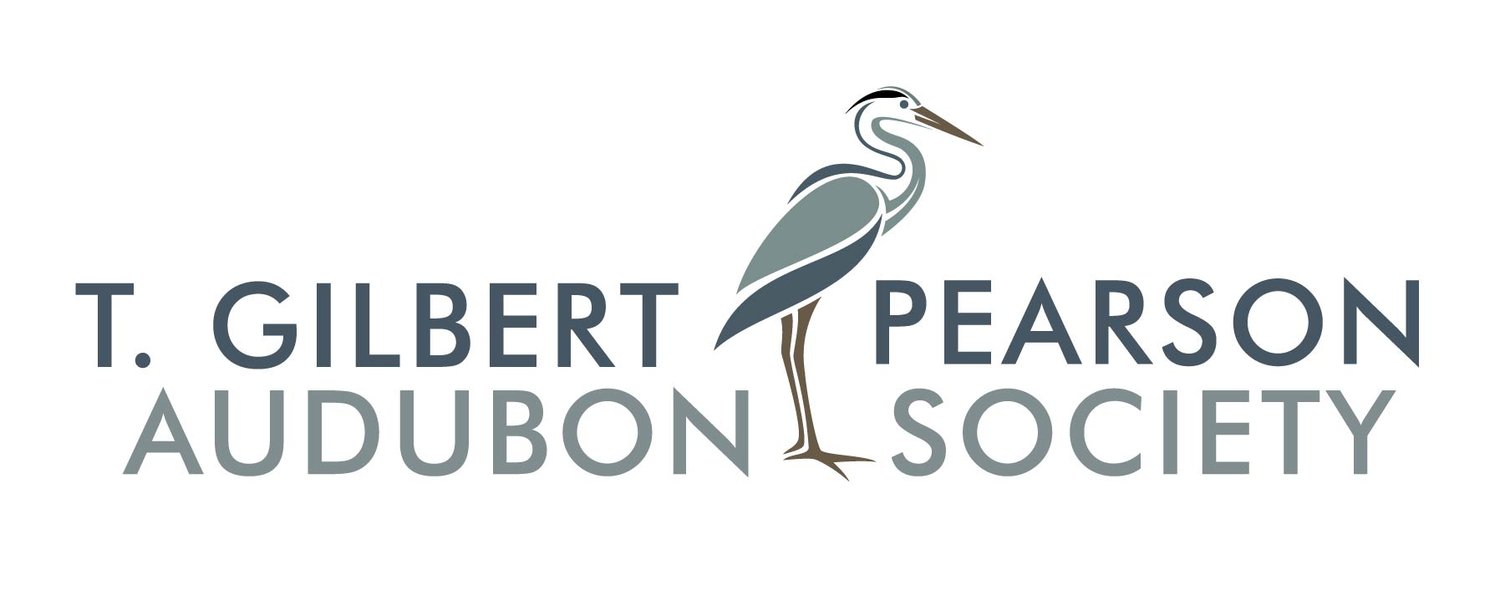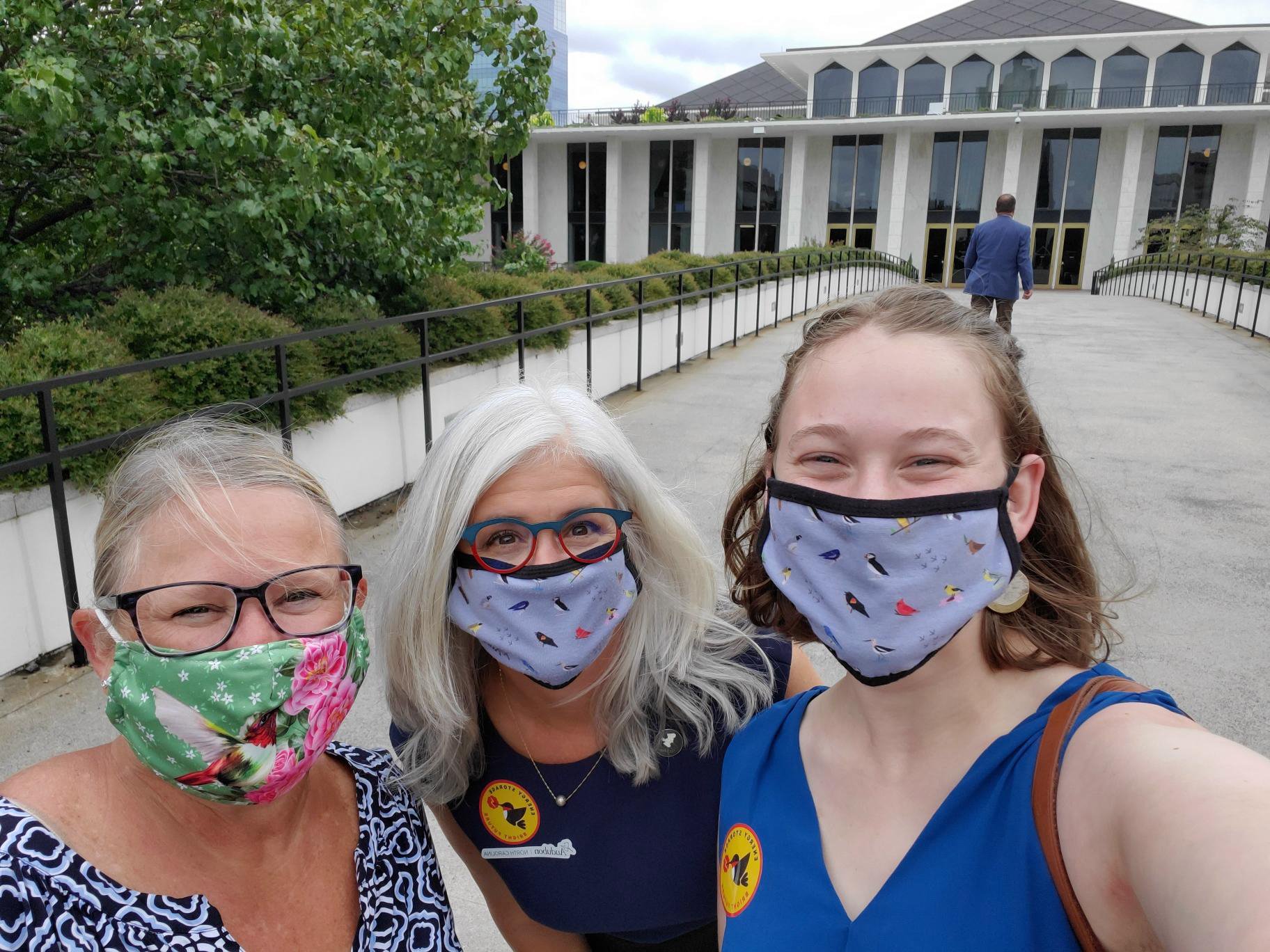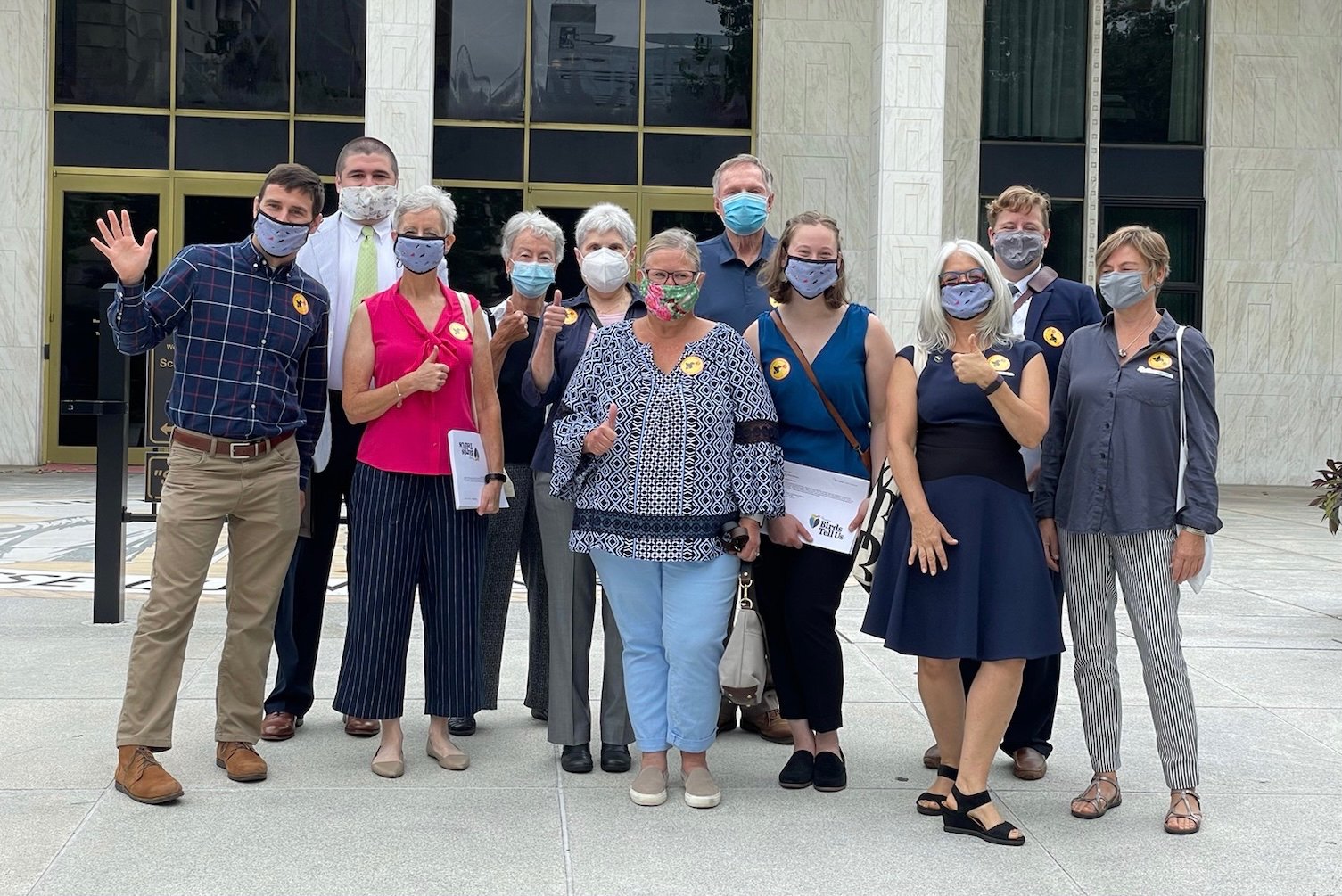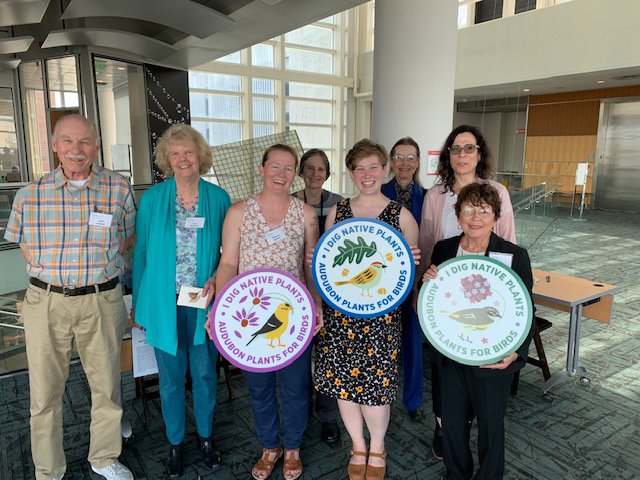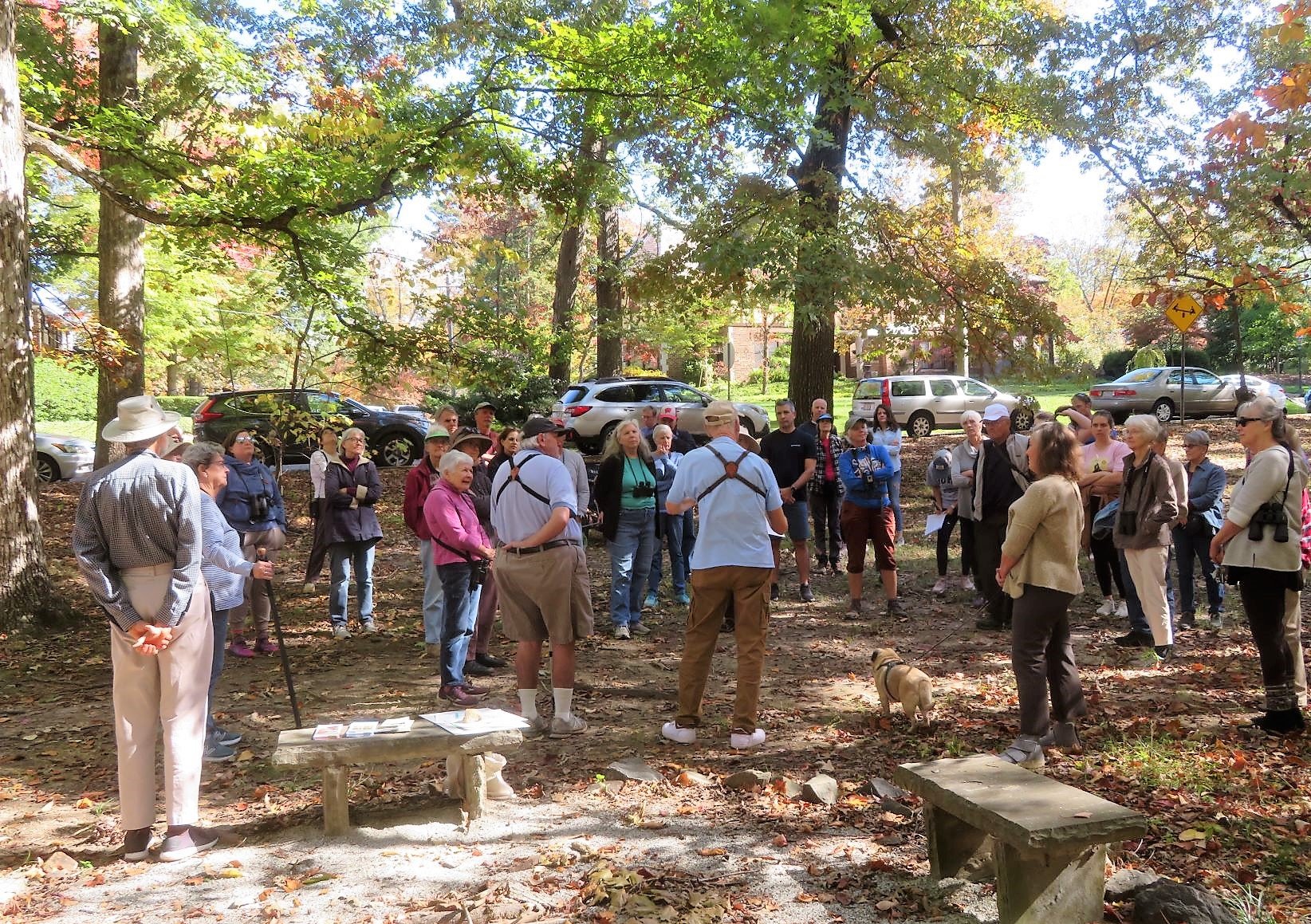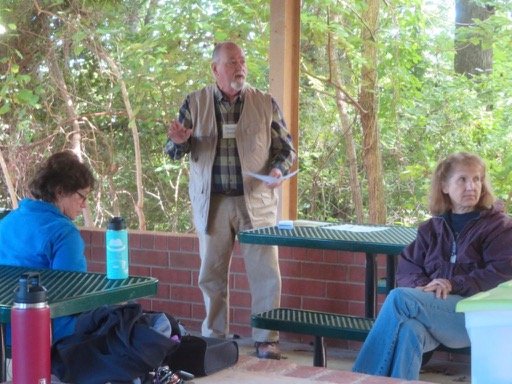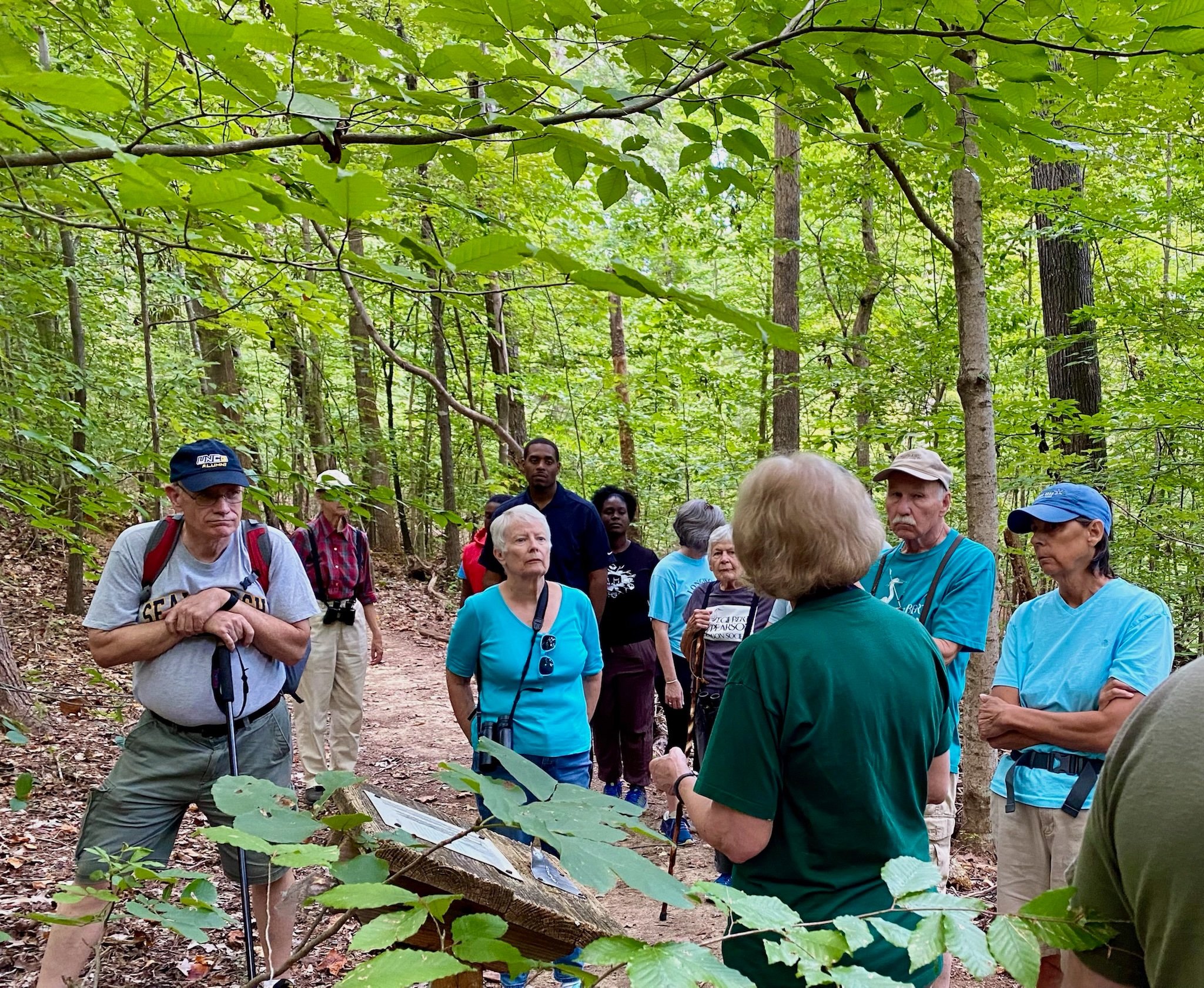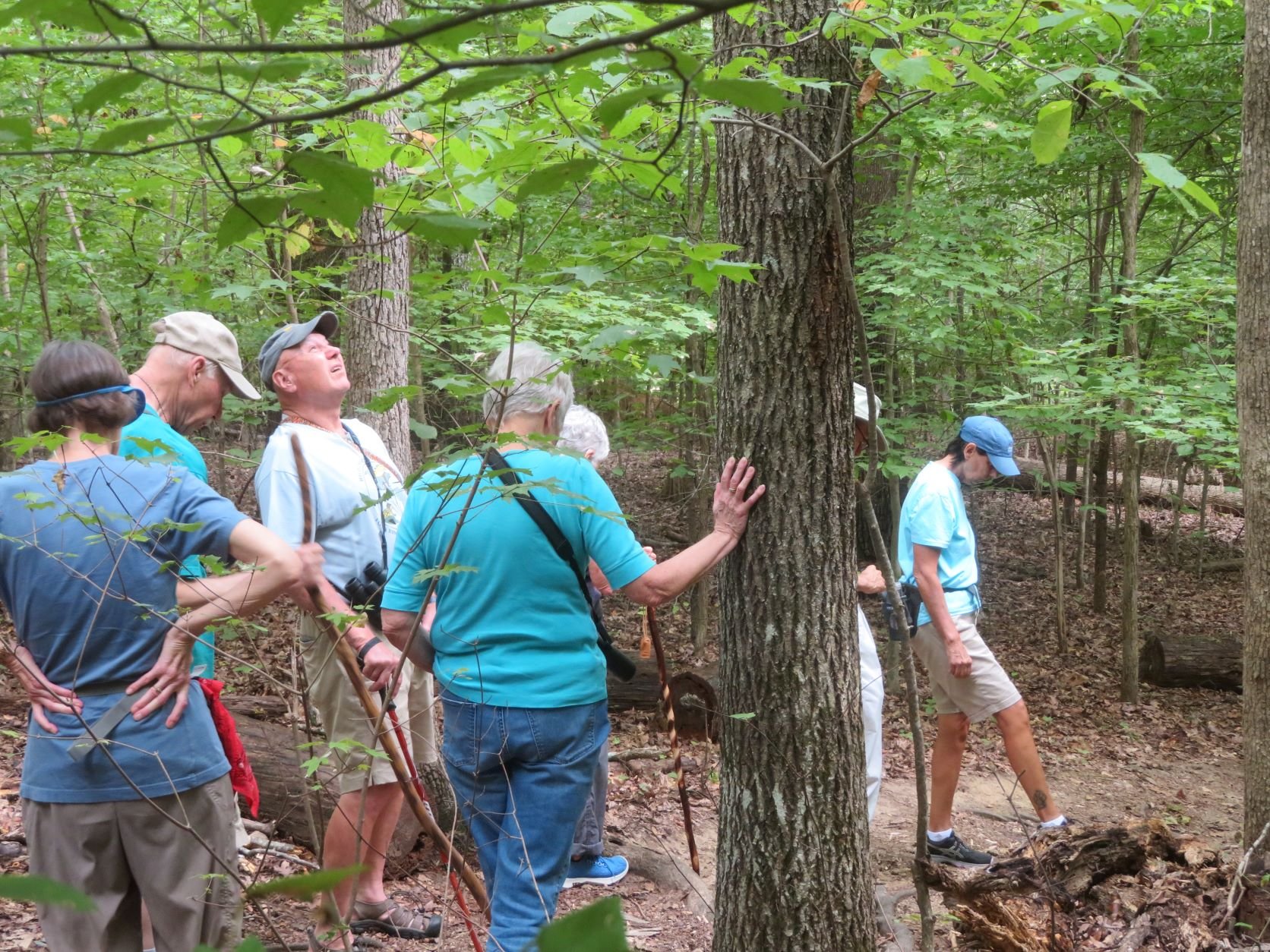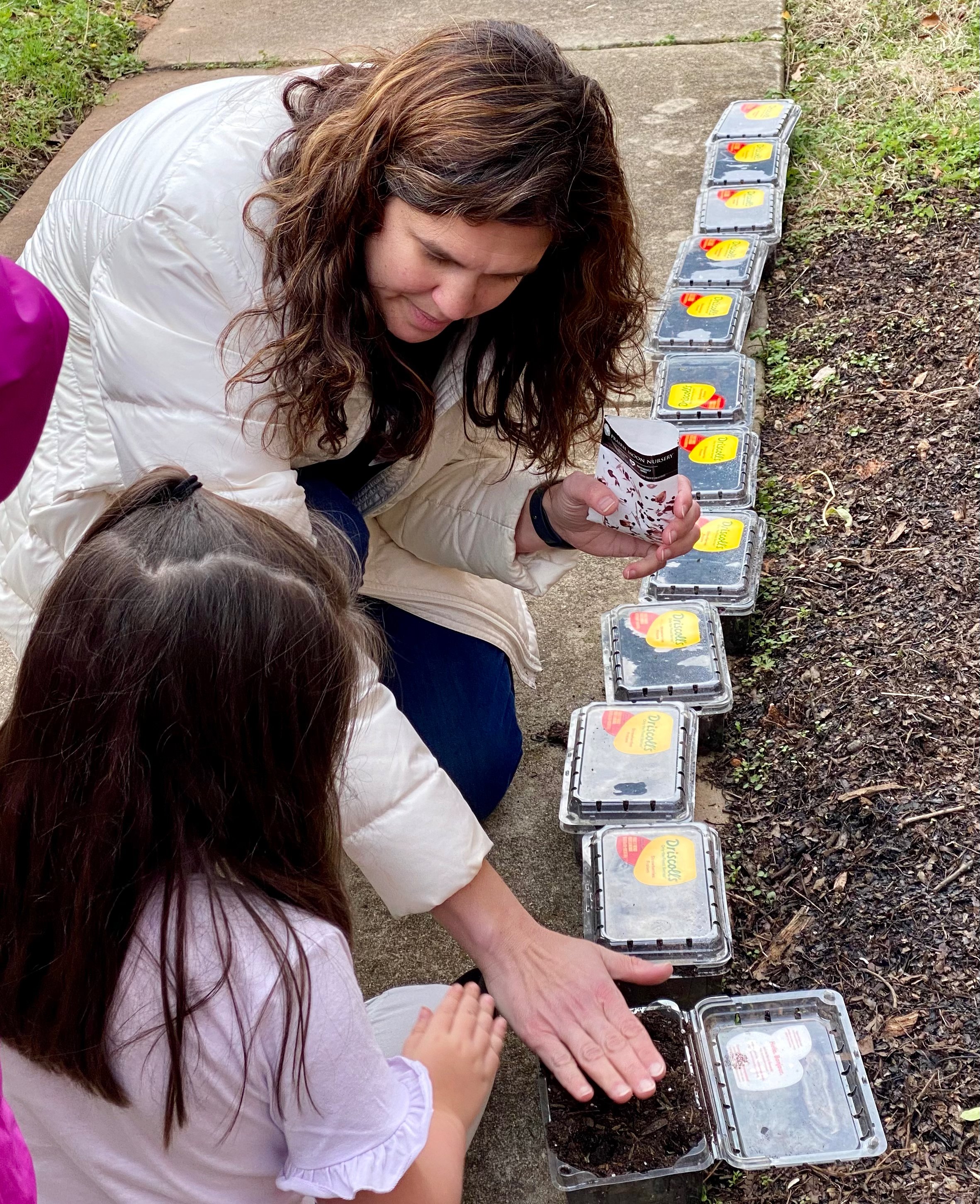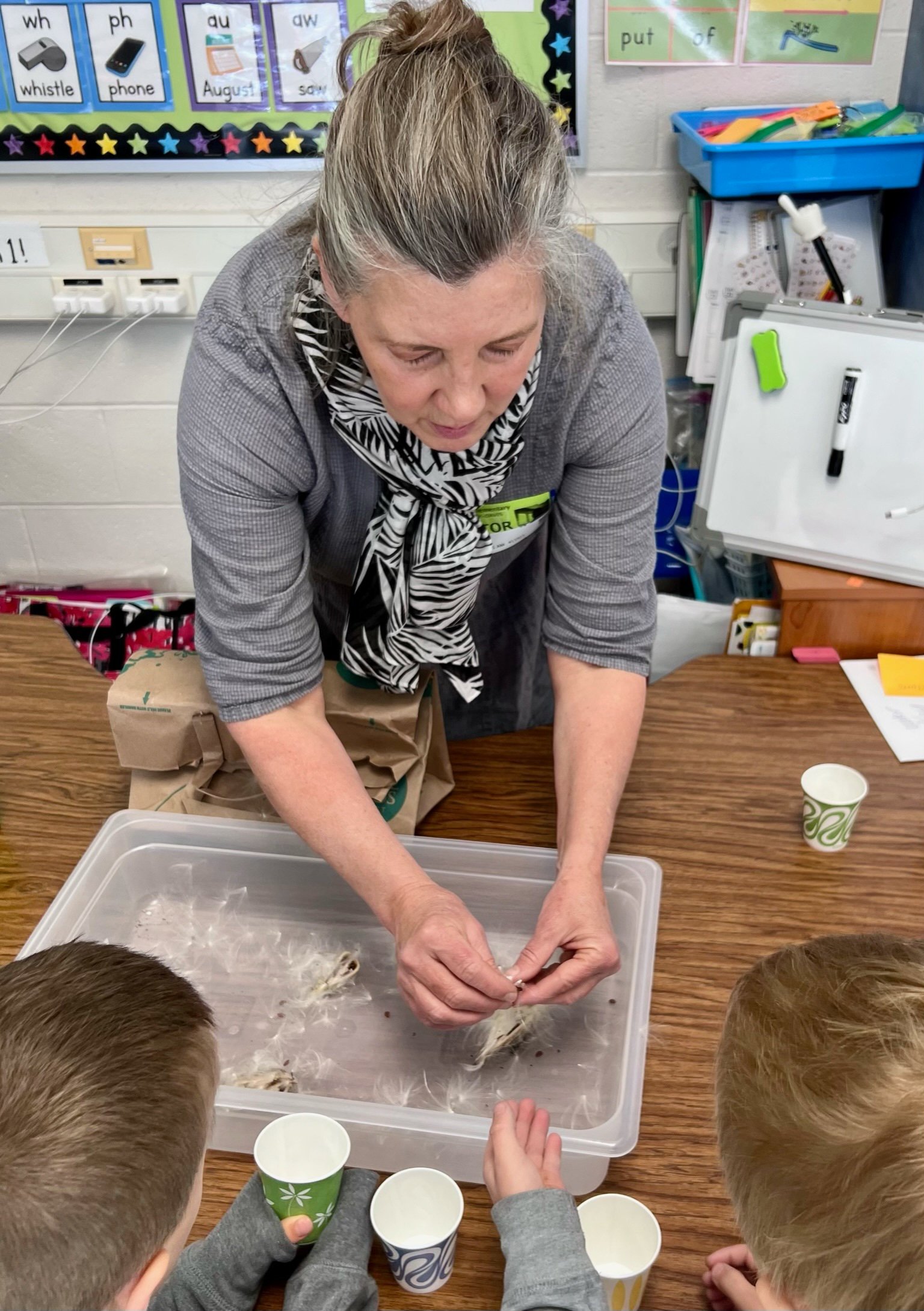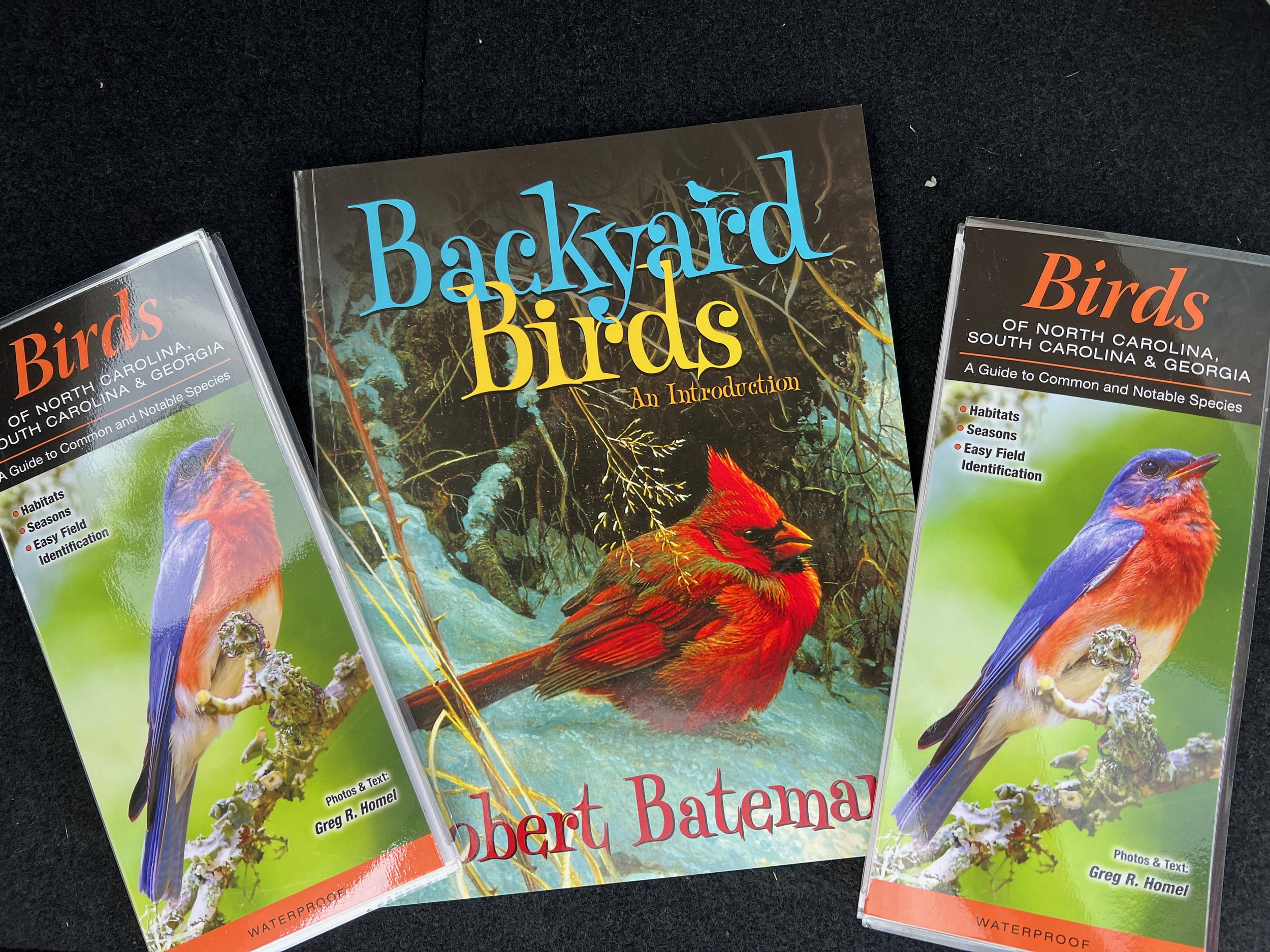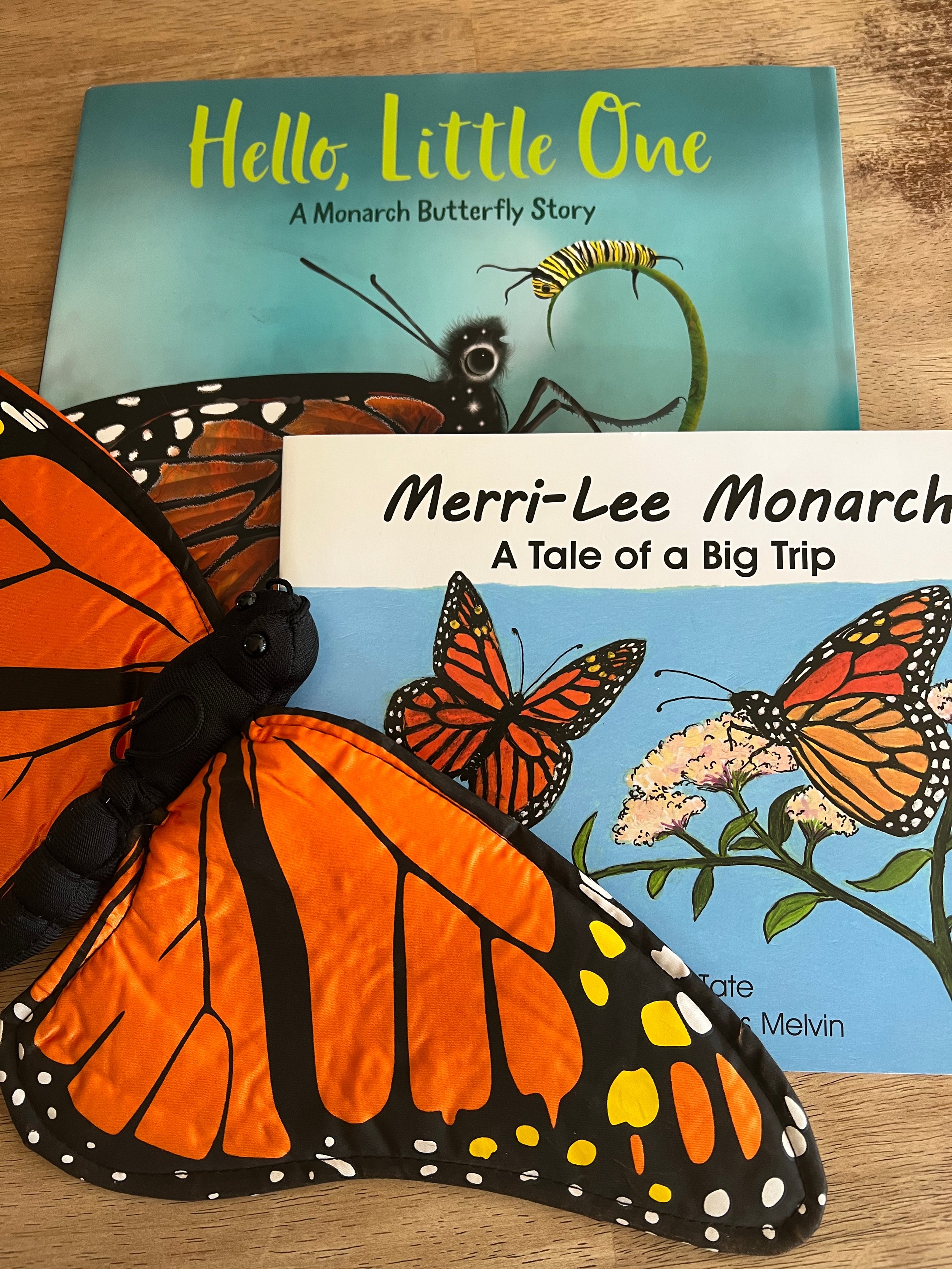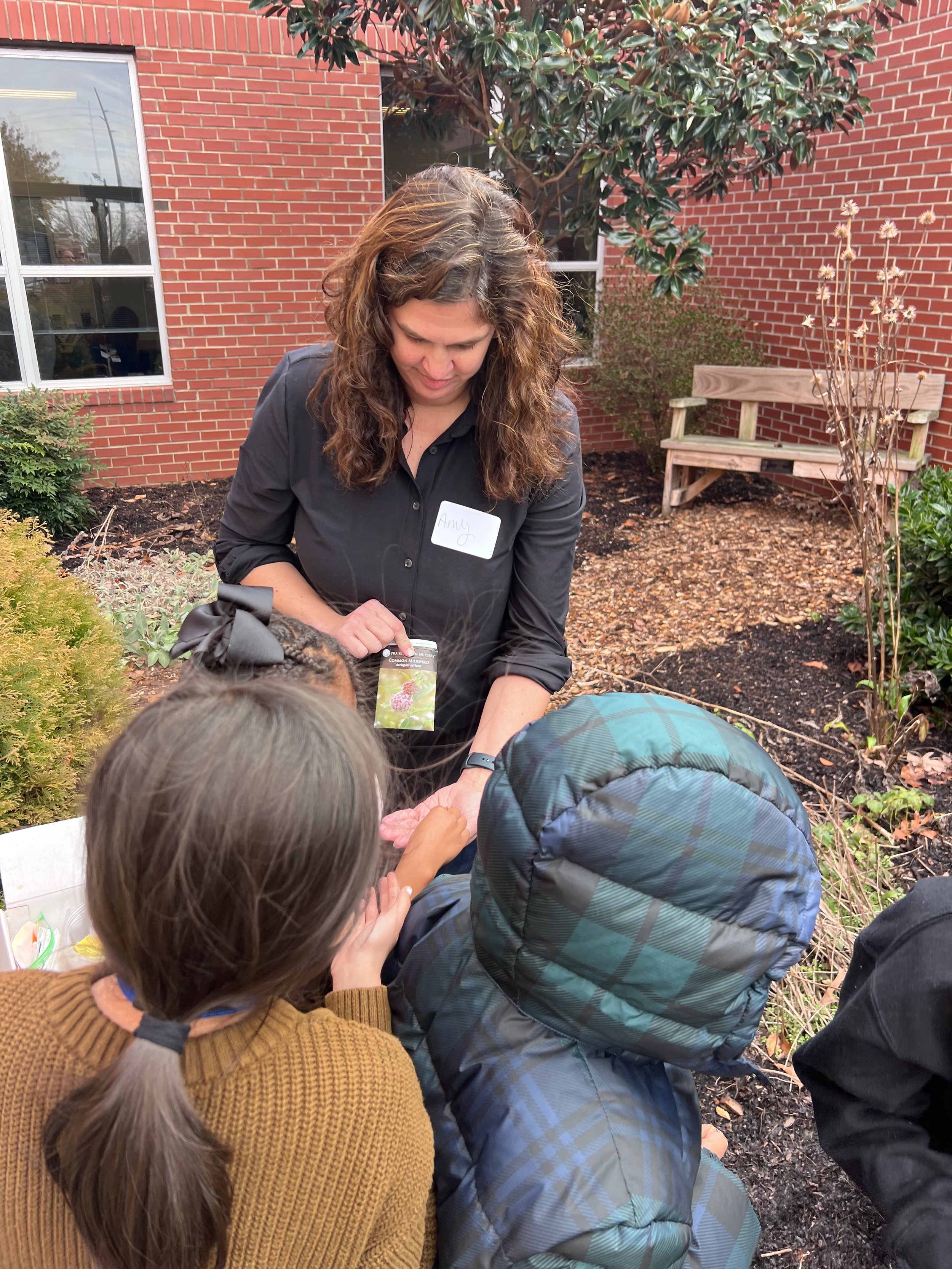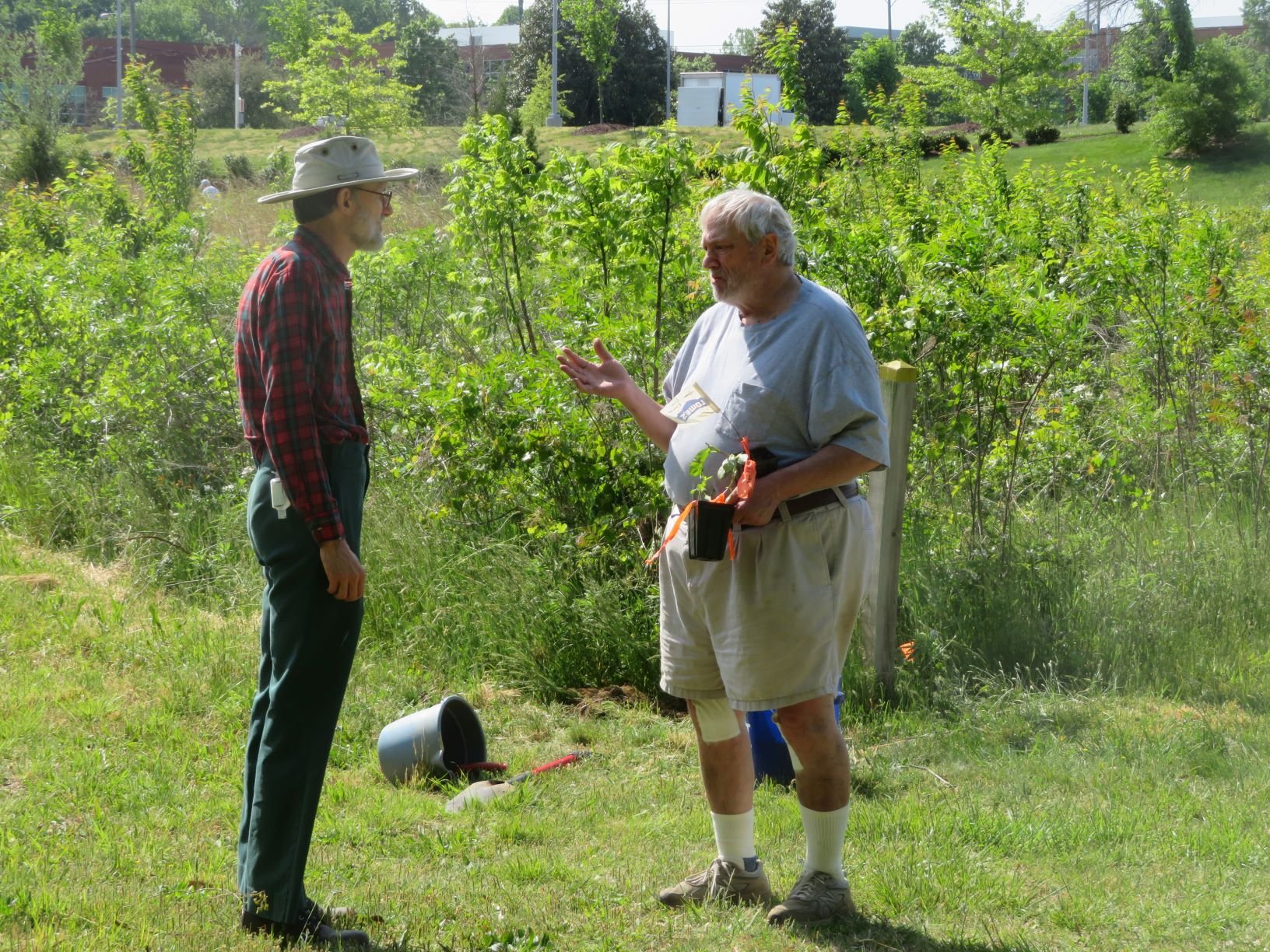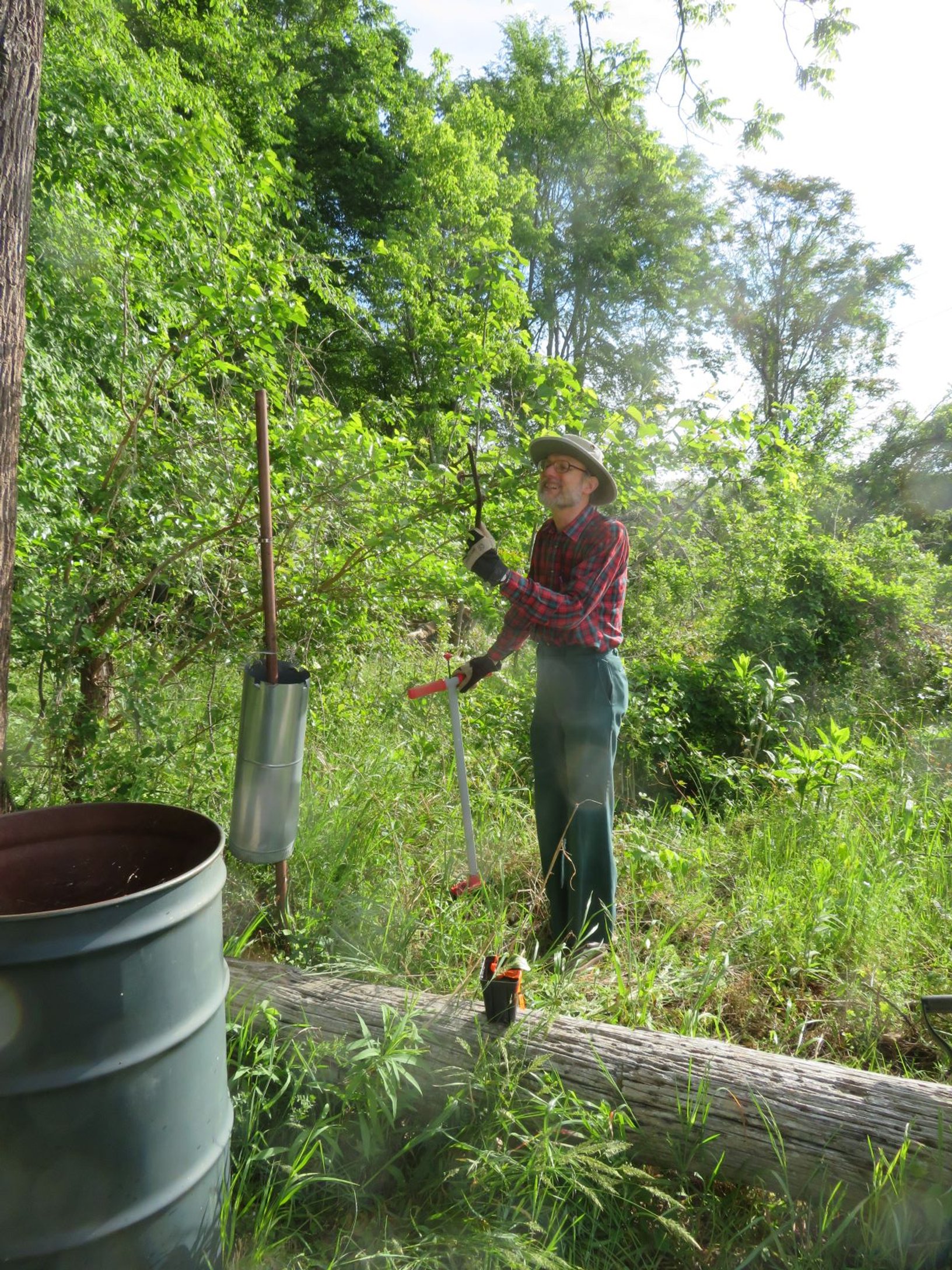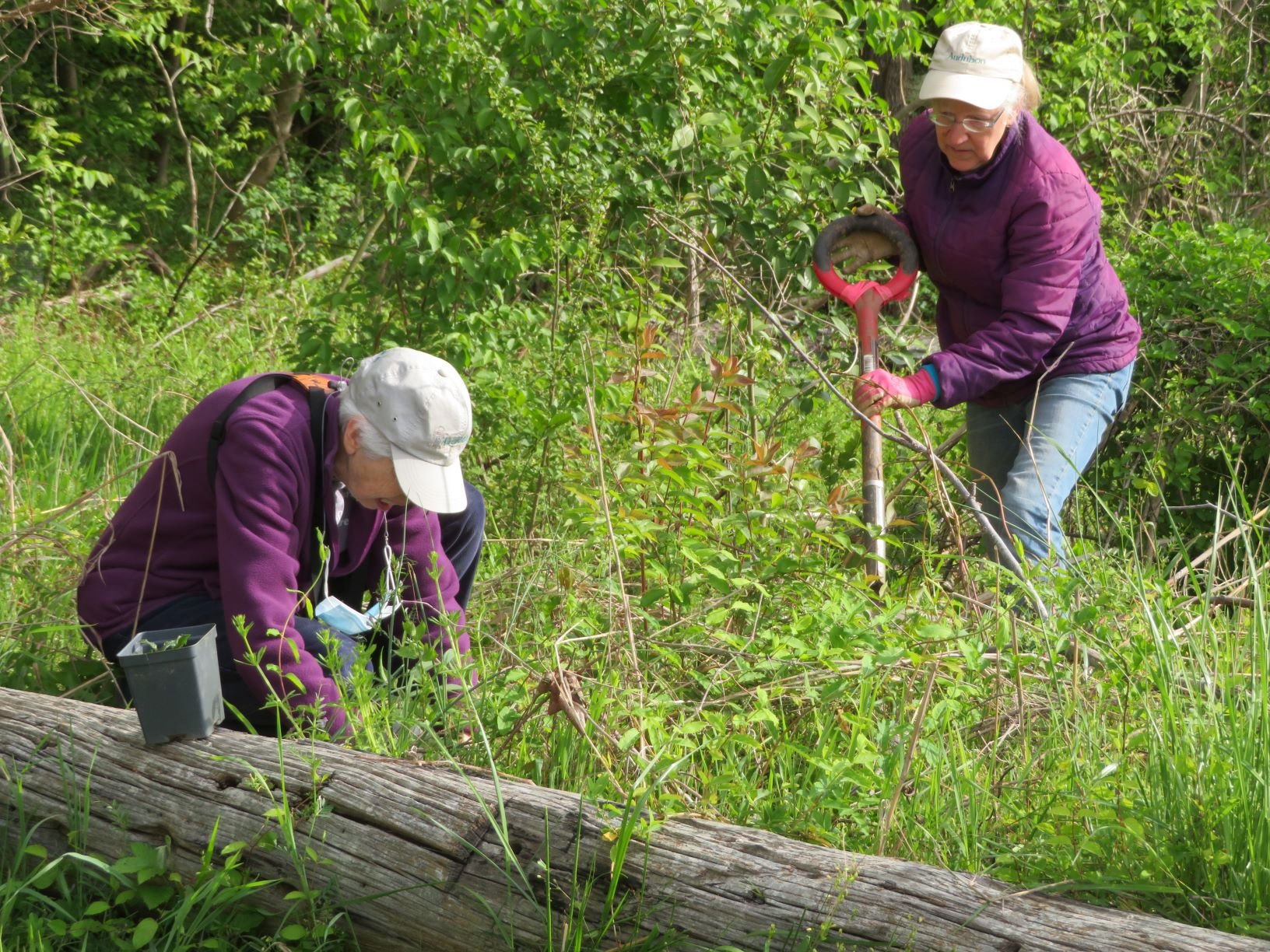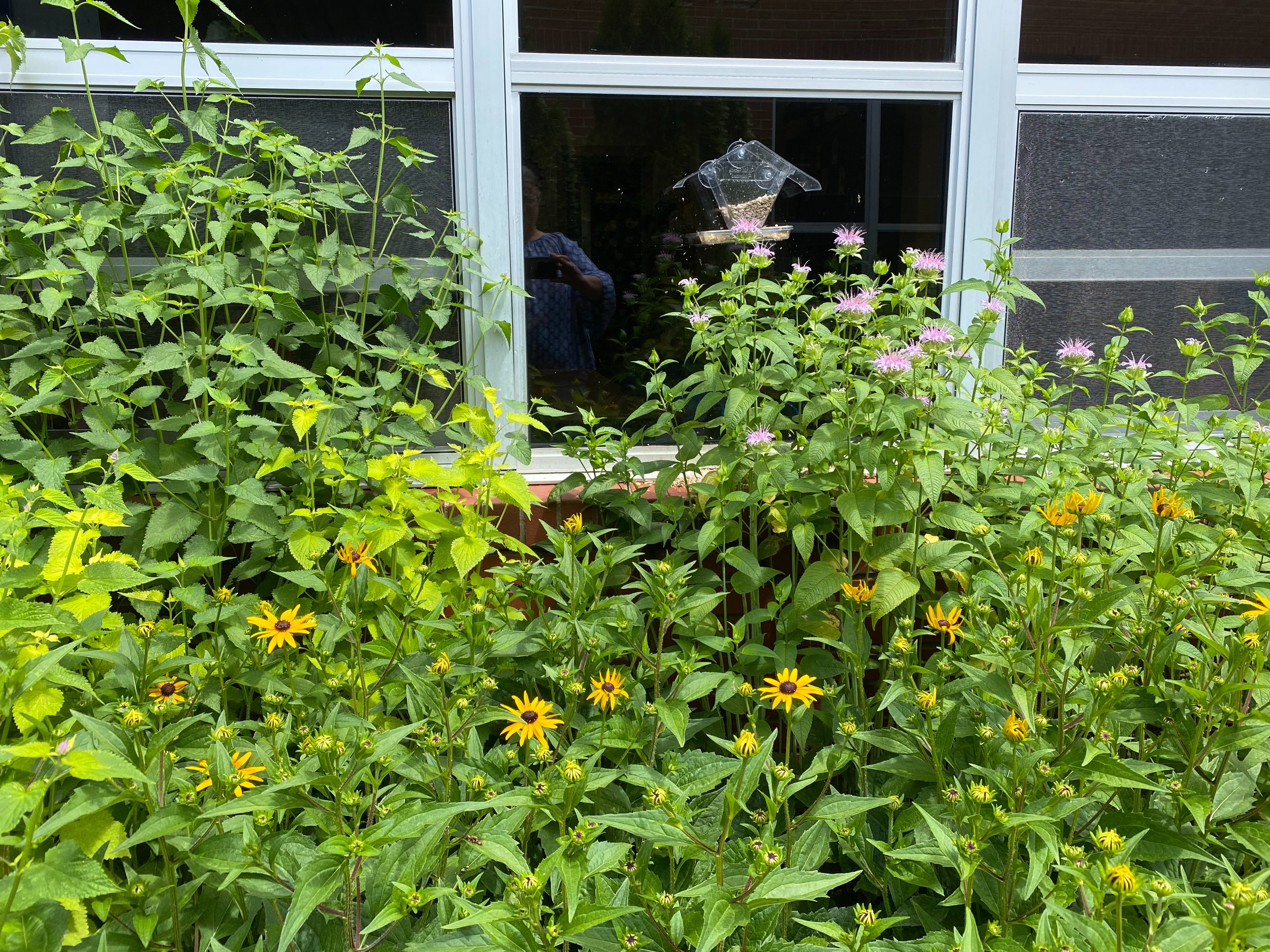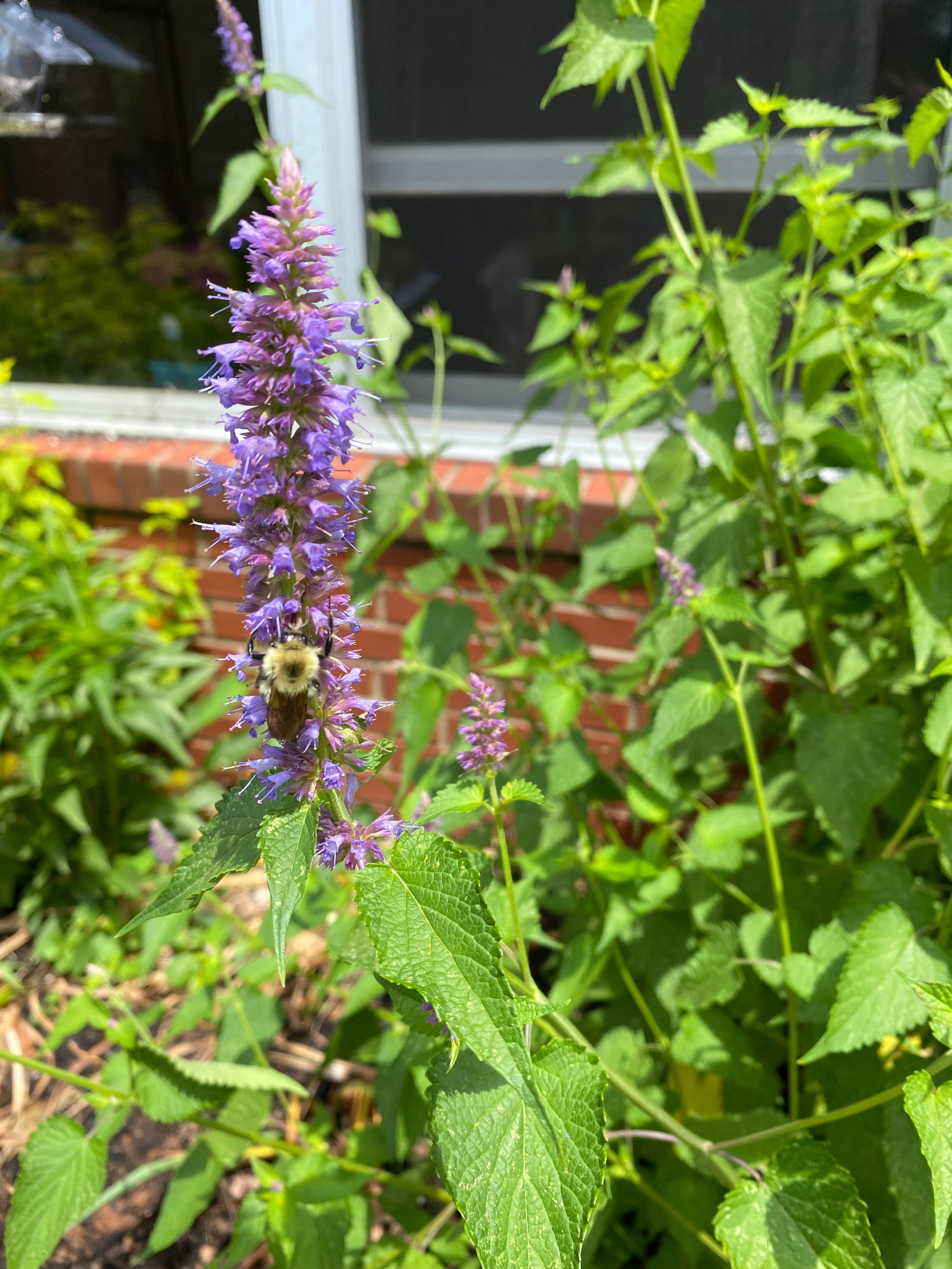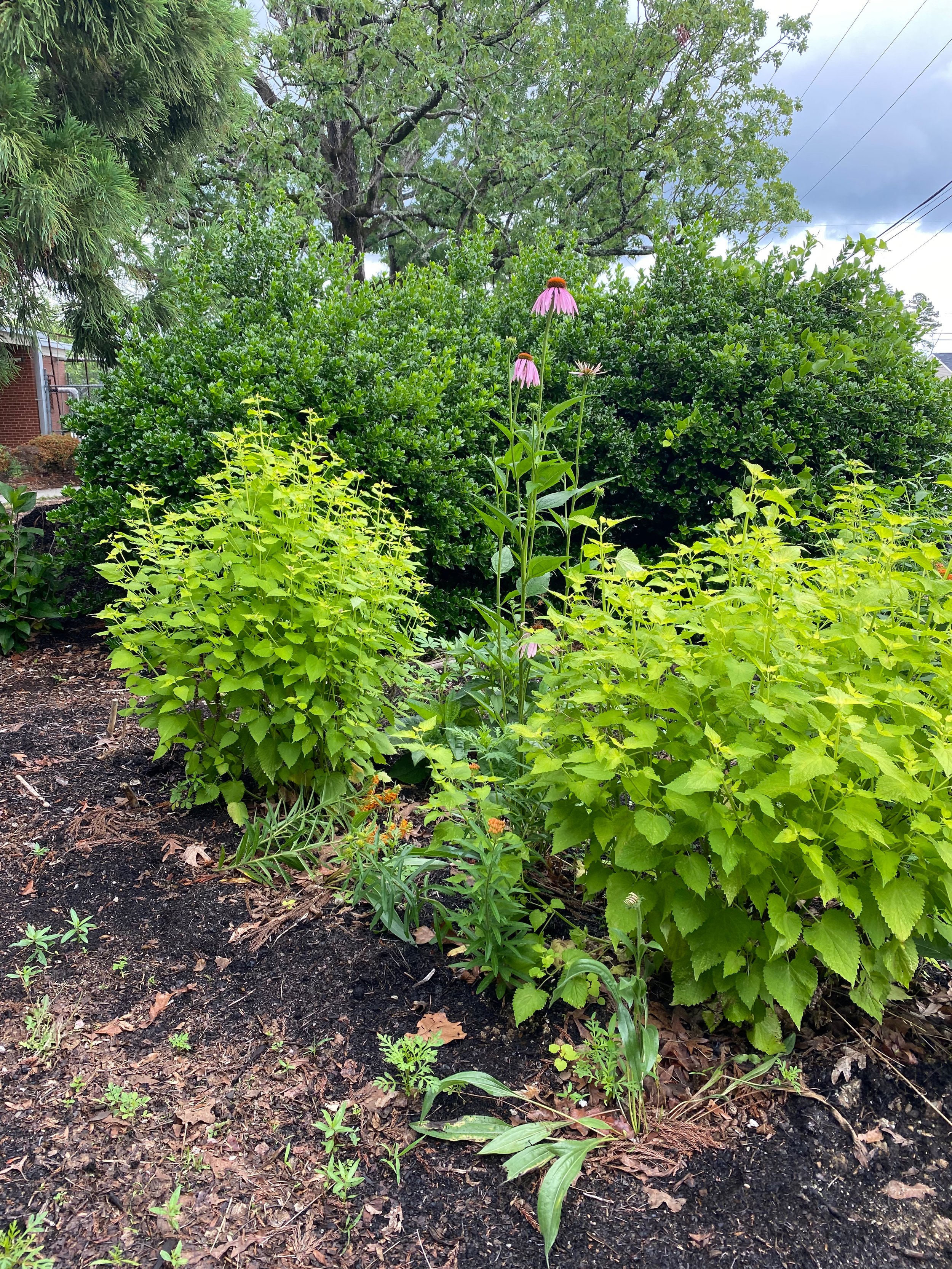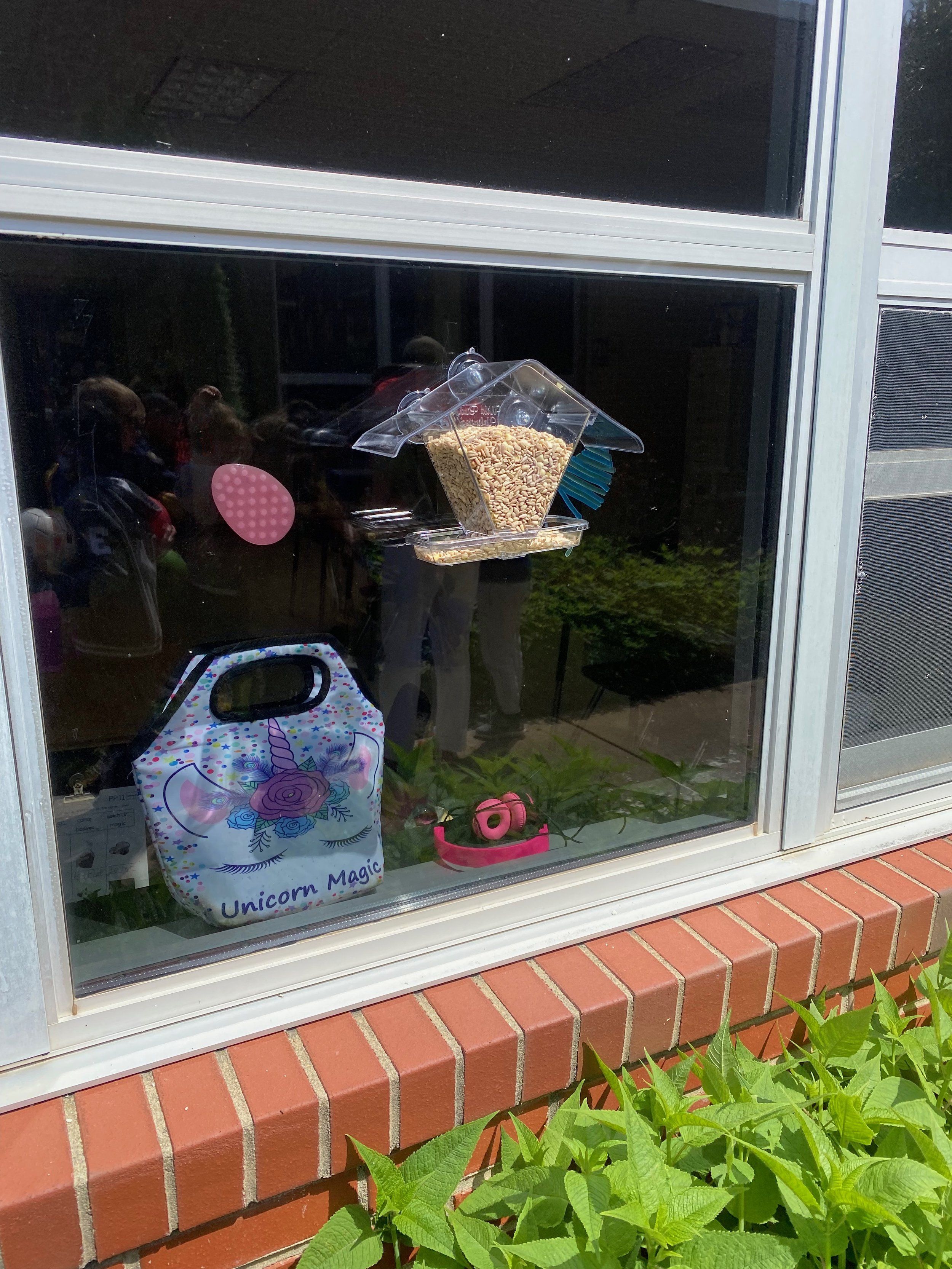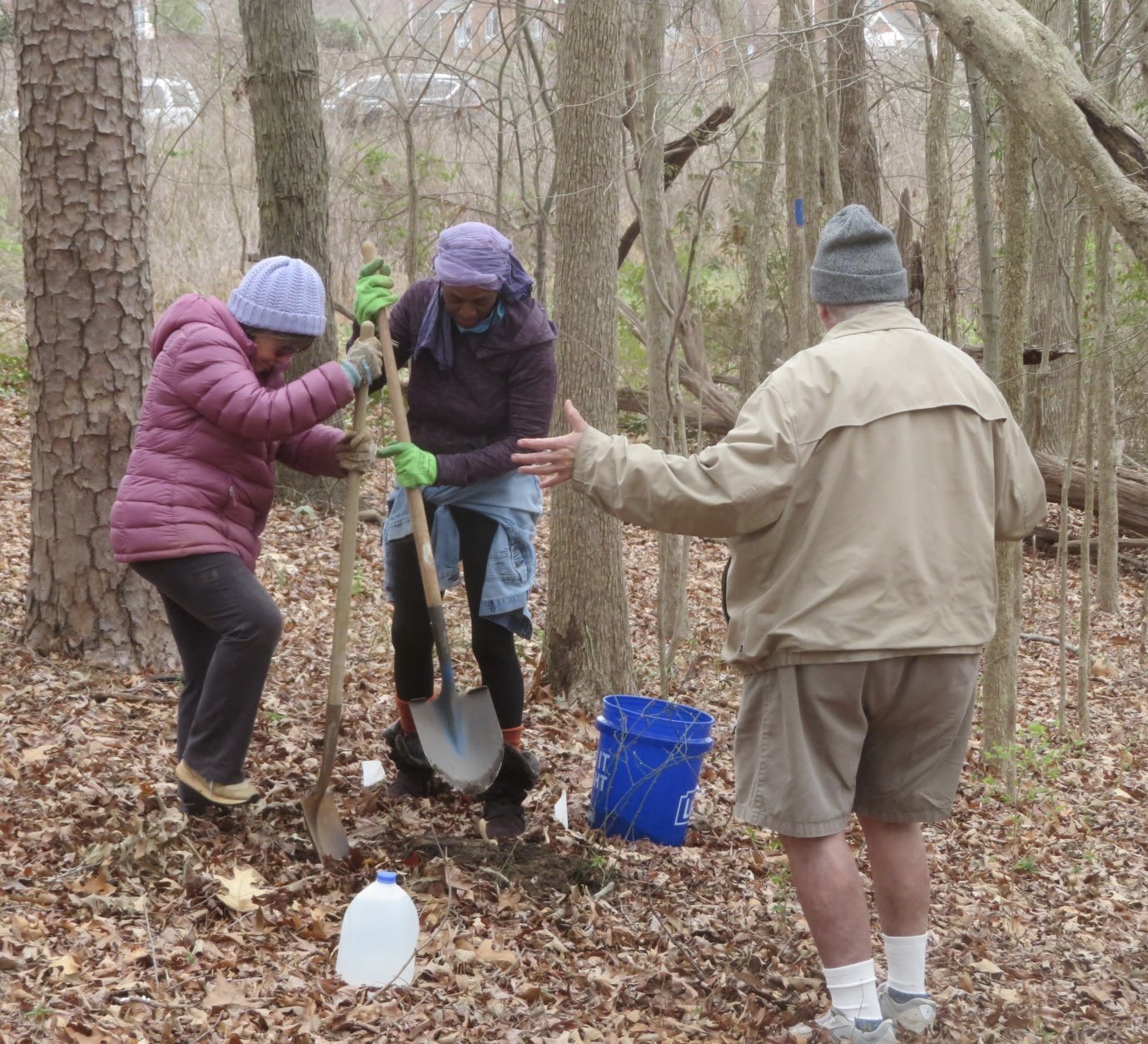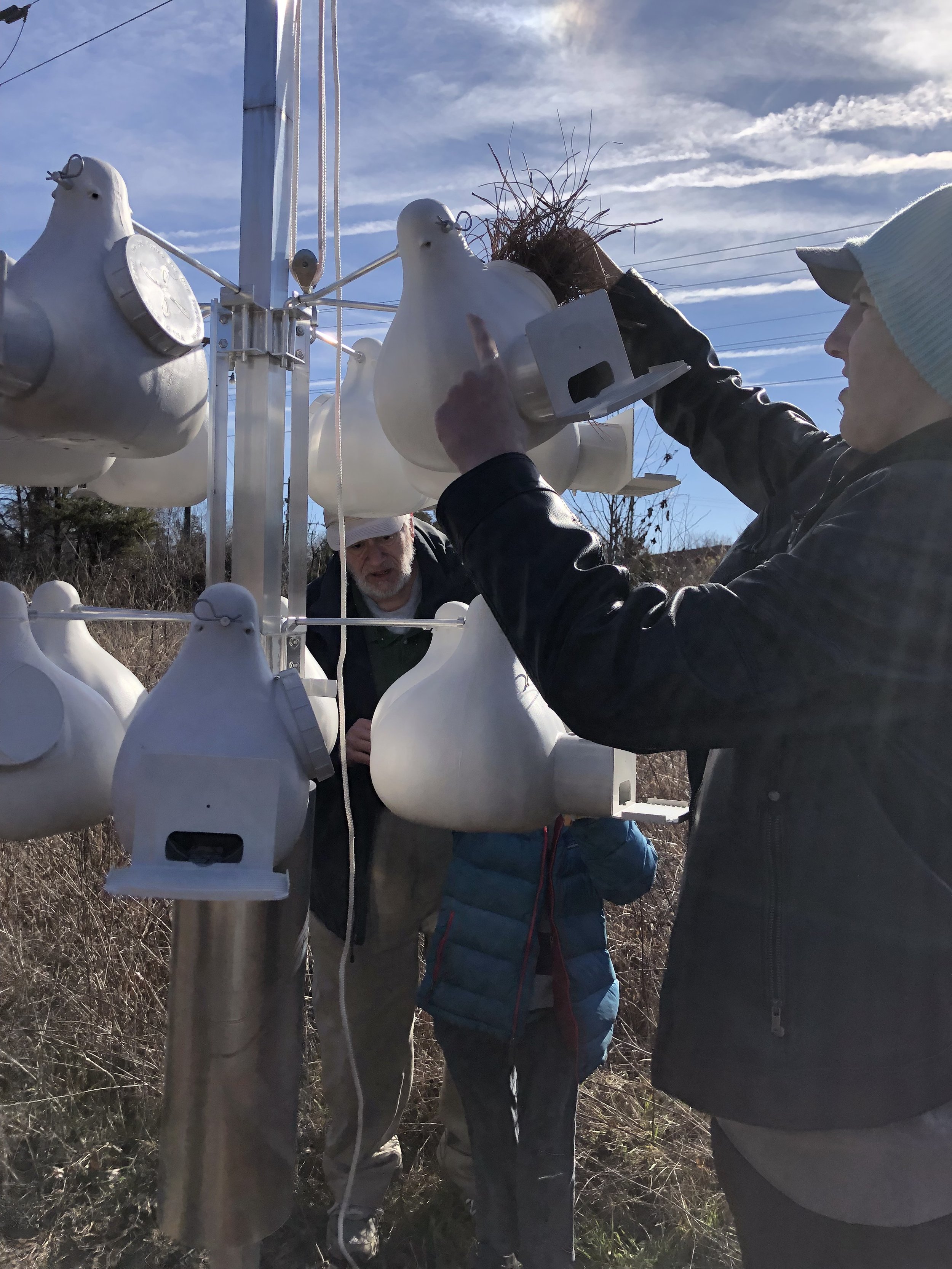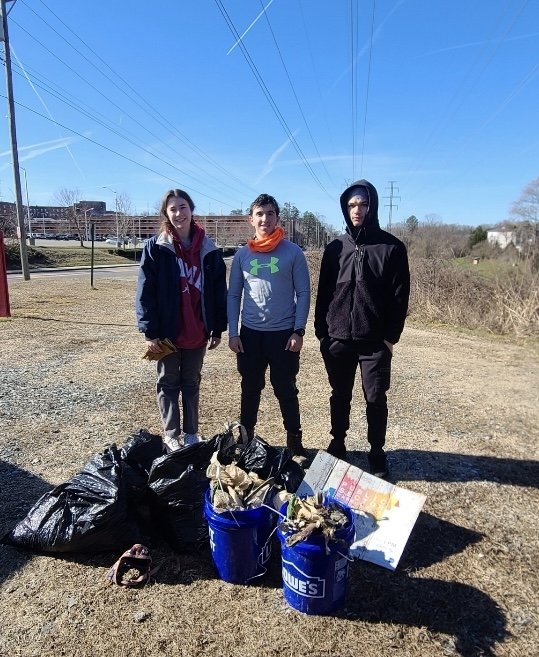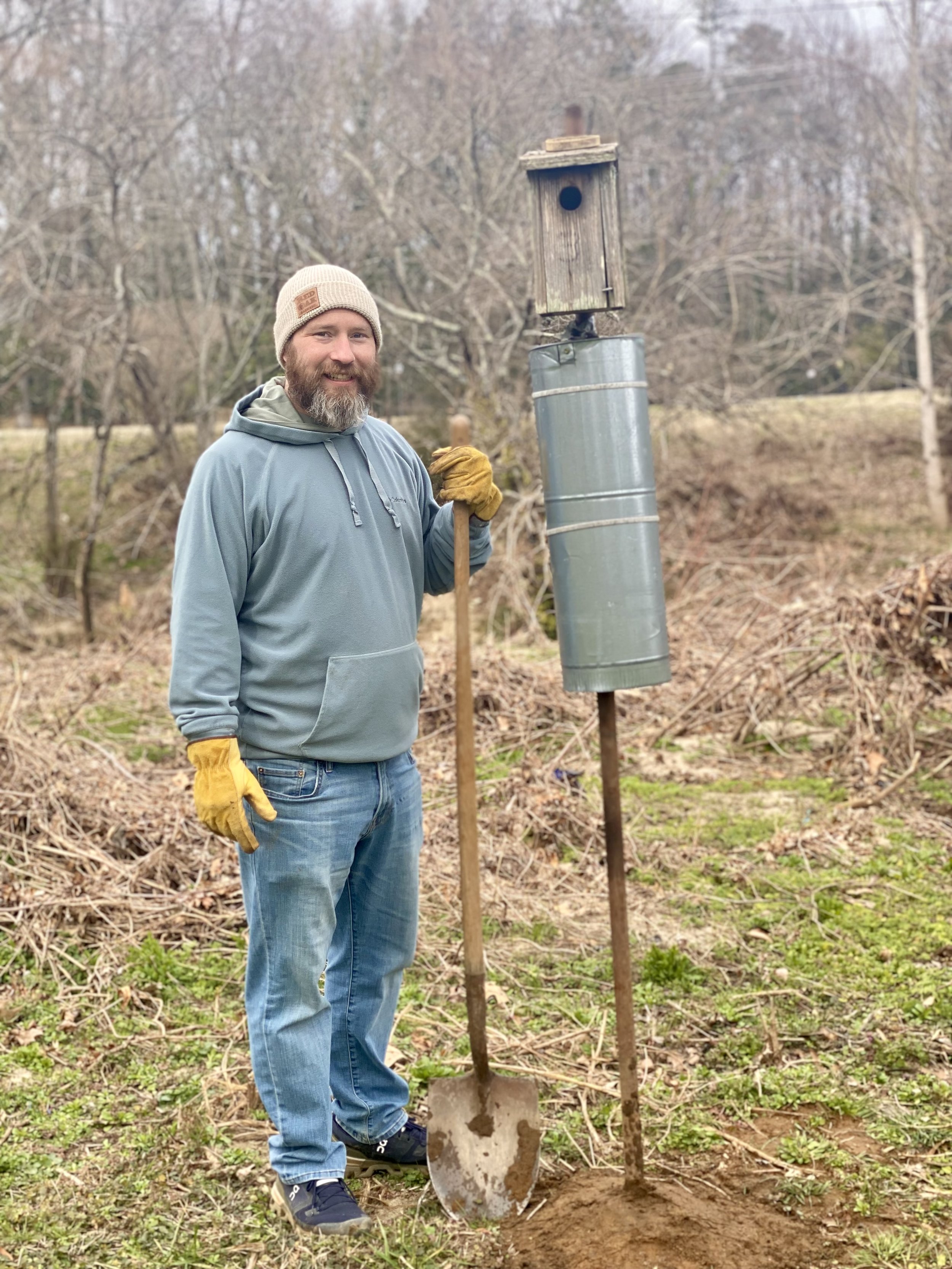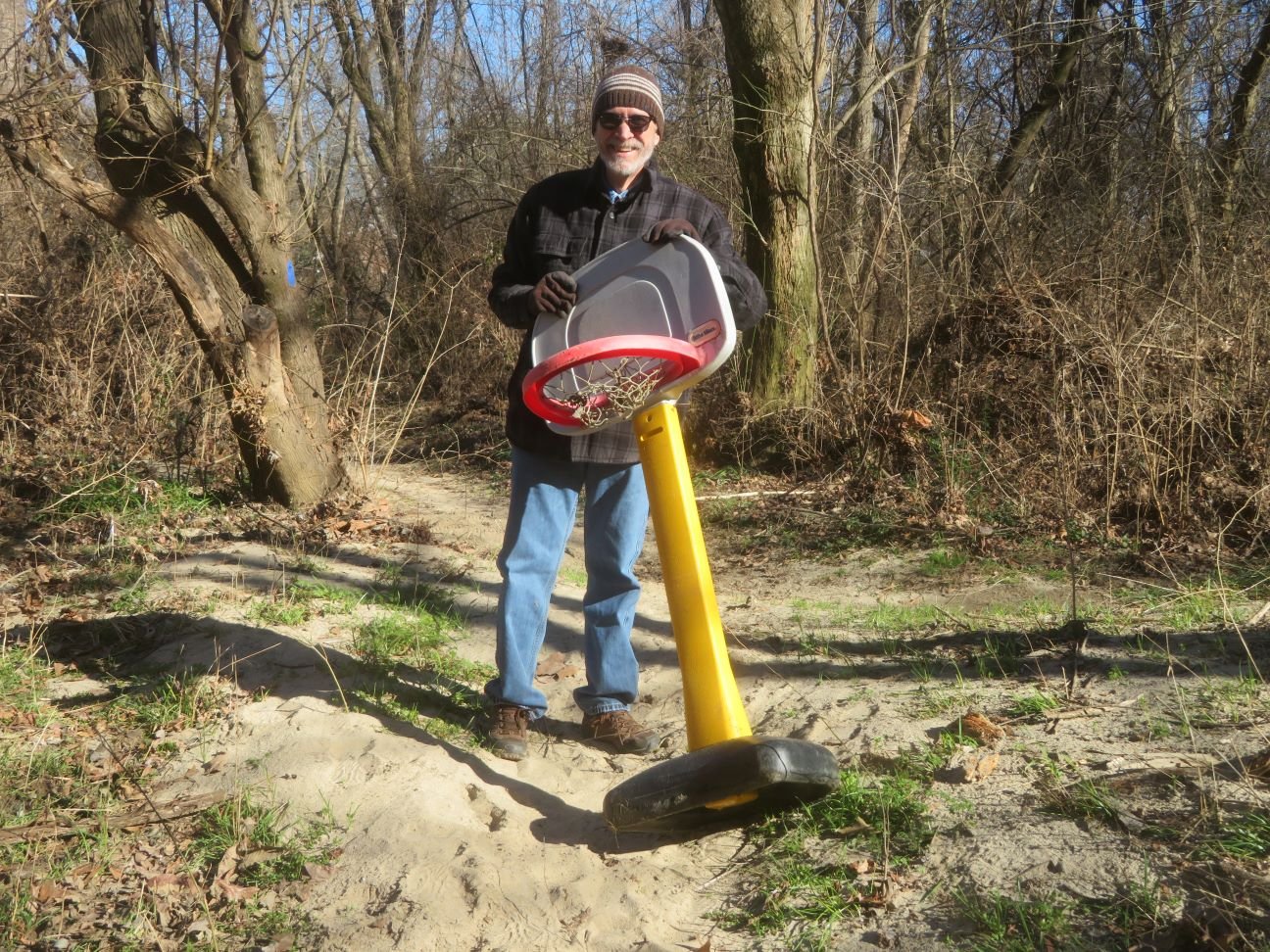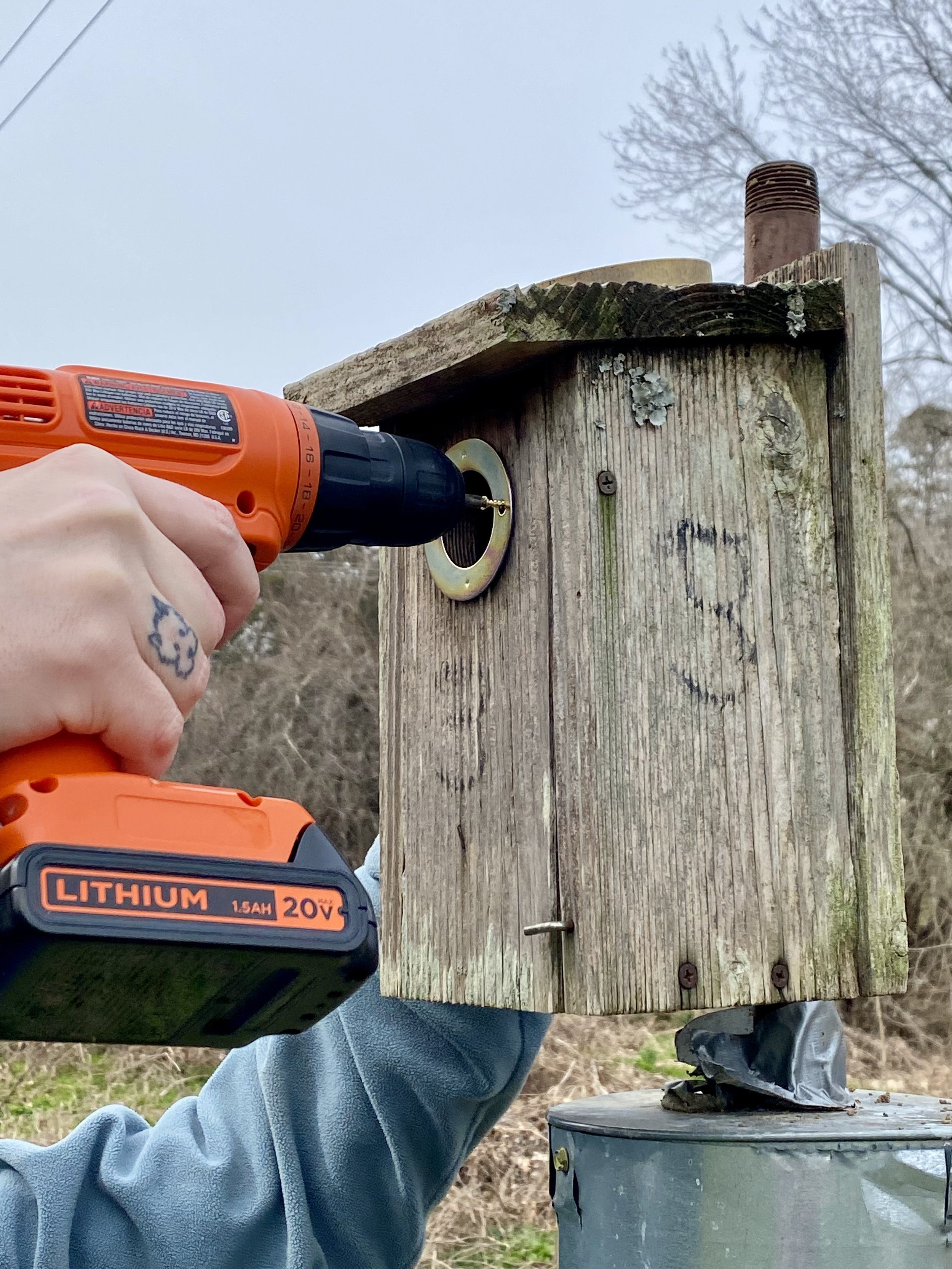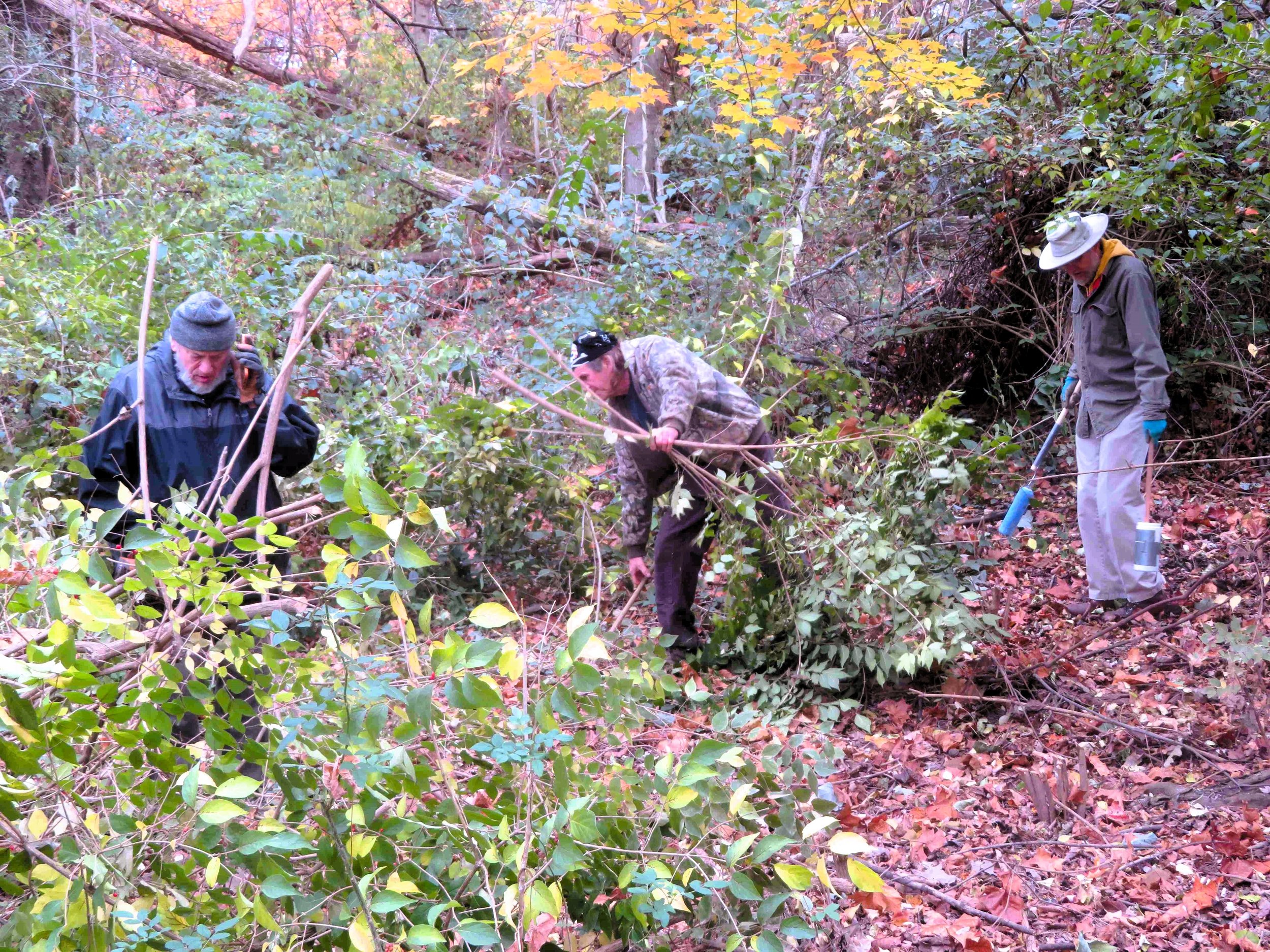Advocacy
The T. Gilbert Pearson Audubon Society’s commitment to preserving our natural heritage traces its roots back to the night of March 11, 1902. That night T. Gilbert Pearson spoke in Greensboro against the slaughter of egrets and herons for the millinery trade. At the end of his speech, 148 people signed up to form the Audubon Society of North Carolina.
Today the T. Gilbert Pearson Audubon Society is an advocate for local environmental issues, and provides grassroots support for the initiatives of the North Carolina and the National Audubon Societies. Thanks to Pearson and the Audubon Society, egrets and herons were saved, but profound threats remain to wildlife and the environment.
More than ever we need your voice to speak out to protect endangered species, conserve wildlife habitat, and to fight global warming and support positive energy solutions.
TGPAS members, along with members from Chapters across the state, dropped off 3,000 petition signatures, showing strong support for clean energy in all 50 Senate districts.
Education and Nature Walks
OYSTERCATCHER • Birds of North Carolina • 1912
You’ll find representatives from the T. Gilbert Pearson chapter of the National Audubon Society at various local educational events. We also make classroom visits, give programs to local groups, and lead monthly nature walks and beginning birder workshops throughout the year. Check our calendar for our upcoming walks and workshops.
Conservation
Our chapter participates in conservation projects in collaboration with other Audubon chapters throughout our state. We do service projects like stream clean ups, monitor nest boxes and help restore native plants in our local area. We make classroom visits to bring our love of nature to children. We give mini grants to help fund local, native plant gardens and other projects.
SCREECH OWL • Birds of North Carolina • 1912
Science
Audubon’s science program initiates, encourages, manages and coordinates science-based projects. It provides a scientific basis and analysis of advocacy initiatives, positions, and legal proceedings. Science committee members draw on professional experience and credentials in field biology, ecology, research, and analysis. Activities of Audubon, including advocacy, monitoring and litigation, must always be based on the best available scientific knowledge and theory. The science program provides advice on these activities from its own committee and from the outside scientific community. The program also sponsors a variety of science-based projects to enrich our knowledge and enjoyment of birds and their (and our) environment.
